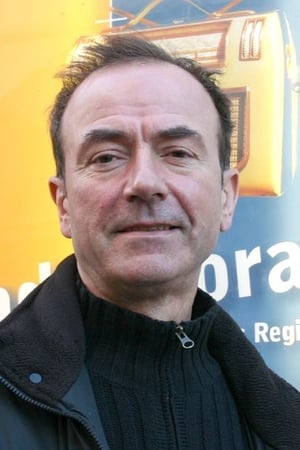Hugh Cornwell (b. 1949)
Alias:
The Stranglers
Birthplace:
Tufnell Park, London, England, UK
Born:
August 28, 1949
Hugh Alan Cornwell (born 28 August 1949) is an English musician, singer-songwriter and writer, best known for being the lead vocalist and lead guitarist for the punk rock and new wave band the Stranglers from 1974 to 1990. Since leaving the Stranglers, Cornwell has recorded a further ten solo studio albums and continues to record and perform live. Cornwell grew up in Tufnell Park and Kentish Town and attended William Ellis School in Highgate, where he played bass in a band with Richard Thompson, later a member of folk rock band Fairport Convention. In the late 1960s, after earning a bachelor's degree in biochemistry from the University of Bristol, he embarked on post-graduate research at Lund University in Sweden. Not long after his arrival he formed the band Johnny Sox. Cornwell returned to the UK in 1974 with Johnny Sox (minus Hans Wärmling). Drummer Jet Black then joined the band. At one stage it was just Cornwell and Black, who were then joined by bassist Jean-Jacques Burnel. Guitarist, keyboardist and saxophonist Hans Wärmling, on holiday from Sweden, joined the line-up towards the end of 1974. The Johnny Sox name was dropped, with the band adopting the name the Guildford Stranglers before settling on the Stranglers. Wärmling was soon replaced by Dave Greenfield, who joined in 1975 after answering an advertisement placed in the Melody Maker magazine. Cornwell was the lead guitarist in the group and he also sang the majority of songs, with Burnel handling lead vocals on about a third of the band's songs. Years later, Burnel recalled that he often sang lyrics written by Cornwell, and vice versa, depending on "who had the best voice for that particular song". By 1977, the group had secured a recording contract with United Artists Records. They went on to become the most commercially successful band to emerge from the UK punk scene, with numerous hit singles and record albums. He recorded his first studio album away from the group, Nosferatu, in collaboration with the Captain Beefheart's Magic Band's drummer, Robert Williams, in 1979. Cornwell's first solo studio album, Wolf (1988) was produced by Ian Ritchie with additional production on two tracks by Clive Langer and Alan Winstanley, who had engineered the first three Stranglers albums and produced their fourth studio album, The Raven (1979). Throughout his Stranglers career, Hugh used a Black Fender Telecaster all the way from 1974 until 1989 when he adopted a Gibson Melody Maker for the 10 Tour. Hugh also used a Hofner Razorwood for the La Folie Tour in 1981-82 for certain songs which required distinctive sounds. He also used a Bass guitar when performing Dead Loss Angeles on The Raven tour in 1979 and was instrumental in teaching Stranglers bassist Jean Jacques Burnel how to play bass guitar. In 1990, due to growing tensions within the band and a constant clash with Jean Jacques Burnel, he decided that he could go no further artistically. He recorded the album 10 with the band before leaving them after 16 years. ... Source: Article "Hugh Cornwell" from Wikipedia in English, licensed under CC-BY-SA 3.0.





